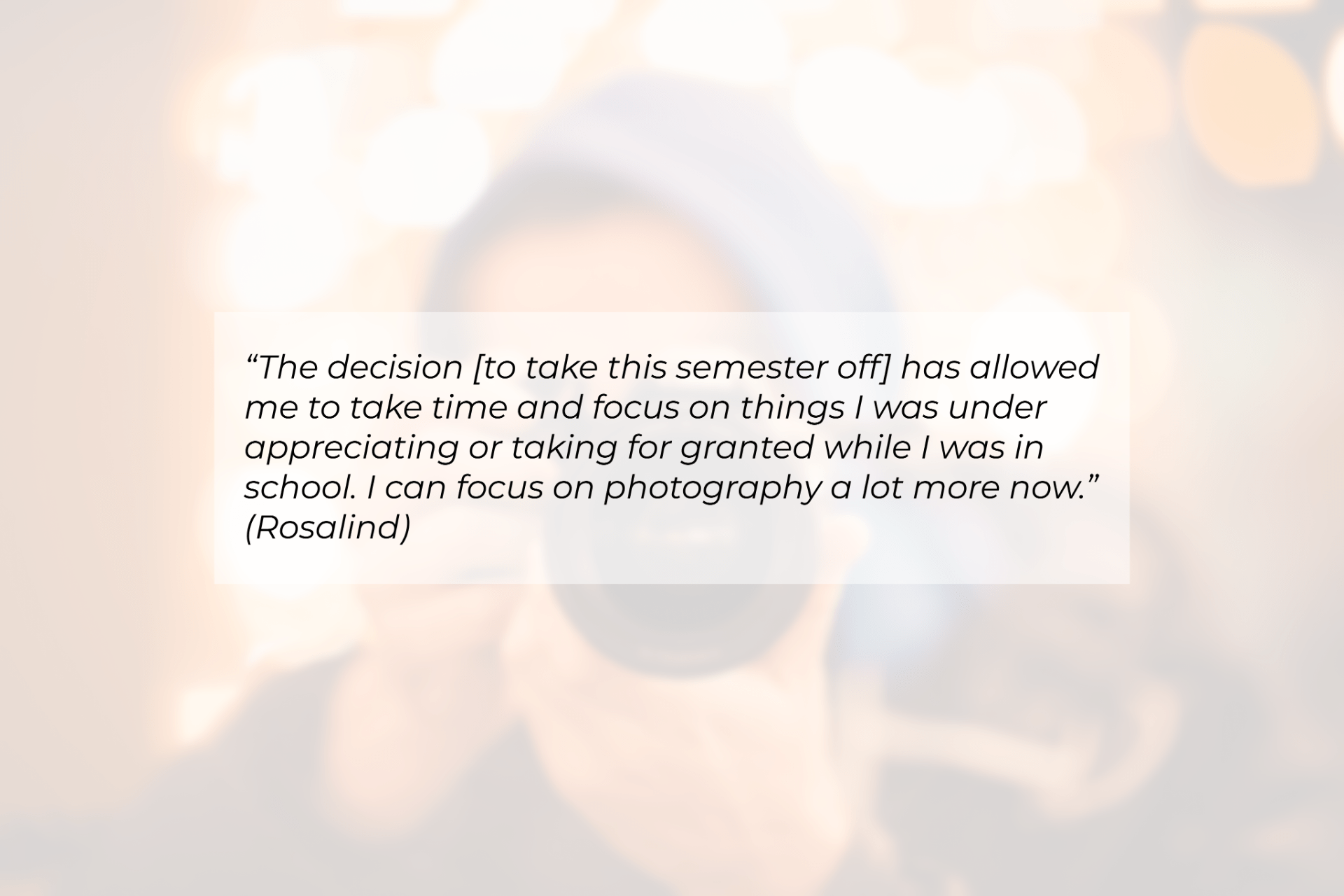Coping with COVID-19: Safety Nets in a Perfect Storm
This study investigates how college students and their families and friends cope with multiple challenges imposed by the public health and economic crises during the COVID-19 pandemic in the U.S. In particular, human sufferings and job loss induced by the pandemic are threatening to give rise to a mental health crisis, which would potentially undermine people’s capacity for enduring hardships and fulfilling their roles and responsibilities (United Nations, 2020). The purpose of this study is to generate empirical evidence in this unprecedented context about major risk and protective factors that affect individuals’ mental health not just directly but also indirectly through inter-personal connections. We define safety nets broadly as institutions and social networks that provide material or emotional support in need. Findings will shed light on strengths and weaknesses of the safety nets experienced by different social groups and will have implications for how institutions and communities may support individuals at relatively high risk of mental health difficulties in this imminent crisis.
Research questions include: (1) What is the multitude of challenges perceived by individuals given their demographics and social positions in relation to the labor force? (2) What resources or strategies do individuals employ to cope with the perceived challenges? In particular, how do individuals relate to others during the pandemic? (3) How may the perceived challenges and coping strategies contribute to or undermine psychological well-being? (4) Does social connectedness mitigate the impacts of perceived challenges on anxiety and depressive symptoms?
The study has two components: an online survey and semi-structured interviews. Seventy-three college students at the University of Chicago who were enrolled in CHDV 20100 “Human Development Research Designs” led by the instructor (Prof. Guanglei Hong) and five teaching assistants (Karlyn Gorski, Xue Han, Aron Marie, Gyamfuah Sarfo-Mensah, and Lily Ye) developed the research instruments and conducted data collection in May 2020. With IRB approval, the students collected survey data from more than 500 respondents and conducted 69 semi-structured interviews. All respondents were at age 18 or above; all identifying information have been removed from the data.
In summer 2020, a research team of six college students at the University of Chicago, under the supervision of Prof. Guanglei Hong and Jose Eos Trinidad, have prepared the interview and survey data for public access by researchers and instructors. This website provides the scholarly community with the following research products:
- Survey instrument
- Survey data
- User’s manual and codebook for the survey data
- Interview instrument
- Database containing interviews including demographics
- Analytic reports
- Coding schemes for the interview data
- Coding schemes for the survey data
- A summary of preliminary findings
- Database of related literature
United Nations (2020). Policy Brief: COVID-19 and the Need for Action on Mental Health. https://unsdg.un.org/resources/policy-brief-covid-19-and-need-action-mental-health





